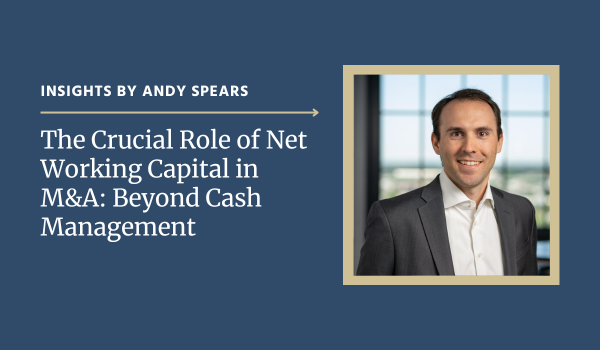Value Insight – Estate Freezes

Sequeira Partners – Canada
“Never let a good crisis go to waste”
The famous Churchill quote comes to mind during the coronavirus pandemic in a variety of ways. For business owners and finance professionals, the global economic slowdown, crashing oil prices, and business uncertainty is resulting in low current market valuations for a variety of different asset classes, including private businesses. For the private and family-owned Canadian businesses that are able to weather the storm and see the other side, now may be the perfect time to consider an estate freeze: a long-term estate and tax planning approach that takes advantage of low valuations. Lemonade when all we seem to have right now is lemons. Let’s explore how this could work.
What is an estate freeze?
An estate freeze is a common succession and tax planning mechanism with the overarching goal of passing ownership to new shareholders (e.g. spouse, children, employees) and allowing the ‘next generation’ to share in the future growth of the business. At its core, an estate freeze involves exchanging the current owner’s common shares for preferred shares that have a set redemption value equal to the fair market value of the business. New common shares would then be issued to the children, spouse, or other individuals.
Why choose an estate freeze?
The significant benefits of an estate freeze are twofold. First, the value of the current owner’s interest is “frozen” at a point in time, which allows the business owner to quantify the future tax liability that would be triggered on death or when the shares are disposed. By working with a tax specialist, tools and strategies can be put in place to reduce and/or finance these tax liabilities in the future. Second, an estate freeze ensures that future growth in enterprise value will be attributed to the common shareholders, which is a fair and balanced approach for the next generation, aligning motivations and interests of all stakeholders.
Why consider an estate freeze in COVID-19?
Business valuations may be at historical lows during the COVID-19 crisis. This “once-in-ageneration” event presents an opportunity for owners to crystallize future tax obligations at their lowest points and provide the most value upside to the next generation as the business recovers and grows.
What if I have already completed an estate freeze?
If the value of the business has declined since the date of the original freeze, the preferred shares are likely overvalued today, and potentially by a significant amount. This value difference creates a greater hurdle for common shareholders, as they are unable to experience value creation until the preferred share obligation is met. With a re-freeze, there is an opportunity to reassess the previous structure by “thawing” the preferred share value and conduct a “refreeze” at the current (lower) valuation. Advantages include the reduction in future tax consequences on the exiting generation (or the estate) and new common shareholders will be motivated to grow the business as they can see a path to greater value upside.
What next?
No matter what approach is taken, the first step is assessing the potential decline in the fair market value of the business. Not surprisingly, our expectation will be that when the time comes, the CRA will scrutinize these transactions given the level of uncertainty in the economy. As independent business valuators we have extensive experience preparing defensible valuation reports for tax authorities that support both freeze and re-freeze transactions.
The original article can be found here http://www.sequeirapartners.com/publications/estate-freezes/
https://www.sequeirapartners.com/
< Blog



